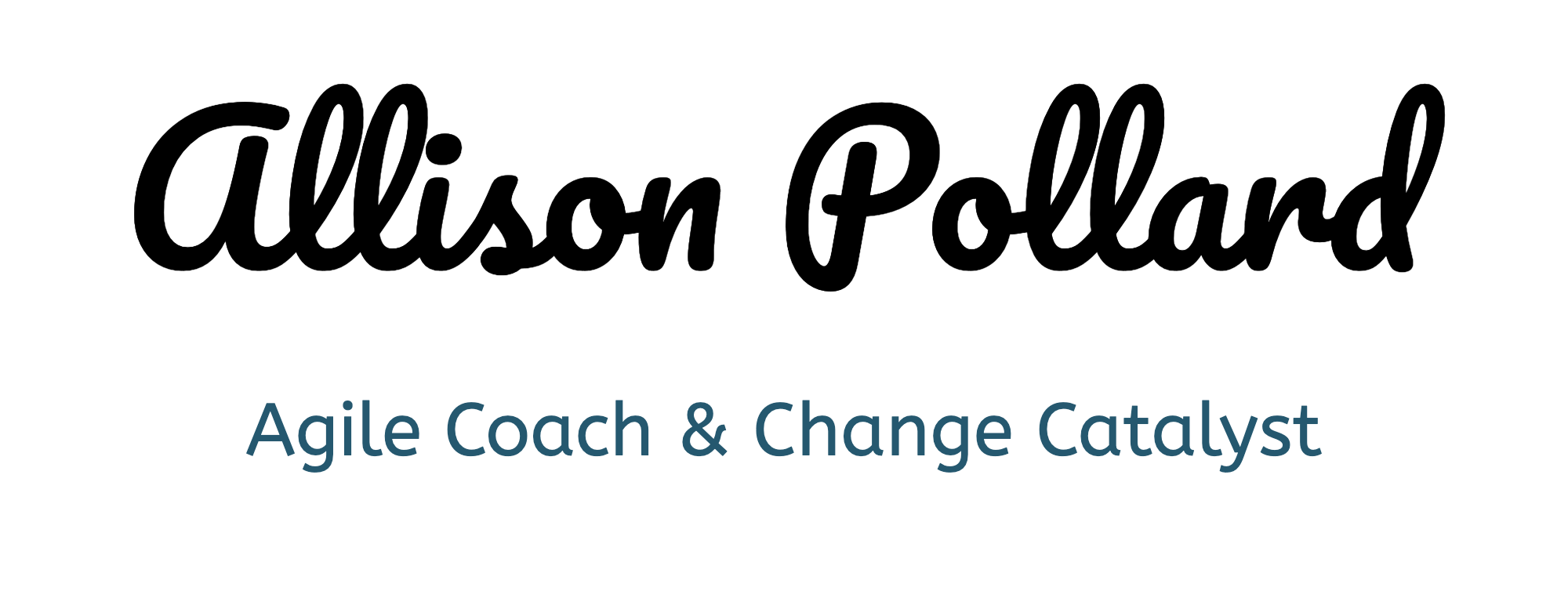How to Prepare for a Scrum Master Interview, Part 1 – Scrum Knowledge
It seems obvious that a Scrum Master should know Scrum. Yet a number of people struggle to explain the framework in an interview setting. Maybe someone else originally trained your teams, it's been a while since you've talked about Scrum end to end, or your company has its own (related) framework it uses. A clear, concise explanation of the framework demonstrates your knowledge, gives a glimpse into your ability to teach, and will help you shine in an interview.
There are 2 resources that I recommend reviewing for preparation. The first is the Scrum Guide. It contains the definition of Scrum. Scrum terminology has changed over the years, and the guide is updated periodically; understanding the changes and using the latest terminology can show a dedication to professional development.
People sometimes bring up that their companies don’t follow Scrum exactly and might use “iterations” instead of “sprints” or refer to “backlog grooming.” Using your company’s terminology on a day-to-day basis makes sense—adopting the language of the land can be a way of building trust. I adjust my language at organizations using their own frameworks and switch back to Scrum in other environments. In an interview setting, we’re talking about how we can potentially work in another company that’s on their agile journey. They might not use the same jargon as your previous organization. It’s prudent to use the language of the Scrum Guide as it’s recognized across the industry.
The second resource I recommend is this video from Lyssa Adkins. In face-to-face interviews, you may be asked or find it helpful to draw Scrum at a whiteboard. Doing so confidently and clearly can make you stand out.
Practice helps here: draw and explain Scrum to anyone who will give you 5 minutes. My walk-through changes slightly based on my audience--a new team member will want to know how they will be working within the team whereas a business stakeholder may want to understand how the product is delivered incrementally and iteratively. I may elaborate or emphasize certain parts of Scrum to better address those "what's in it for me" questions.
You may be thinking at this point that someone could read the Scrum Guide, practice explaining the framework, and have no experience working with agile teams—you’re right. A good interview should not look for only answers that could come from reading books (even if they’re really good ones). And there may be people who are amazing with agile teams who cannot describe Scrum flawlessly.
In interviews, we want to share our knowledge and our experience. Solid knowledge of Scrum seems essential for Scrum Masters. Interviewers also want to know how you’ve applied Scrum. Connect your real-world experience to your foundational understanding of Scrum by telling stories. Describe how you used retrospectives to help a team improve or what you did to support a new Product Owner in their role. Talk about that team member whose skills and confidence grew as a result of your coaching. Speak to how Scrum helped improve delivery and build trust across the organization.
How important is framework knowledge in your Scrum Master interviews?

